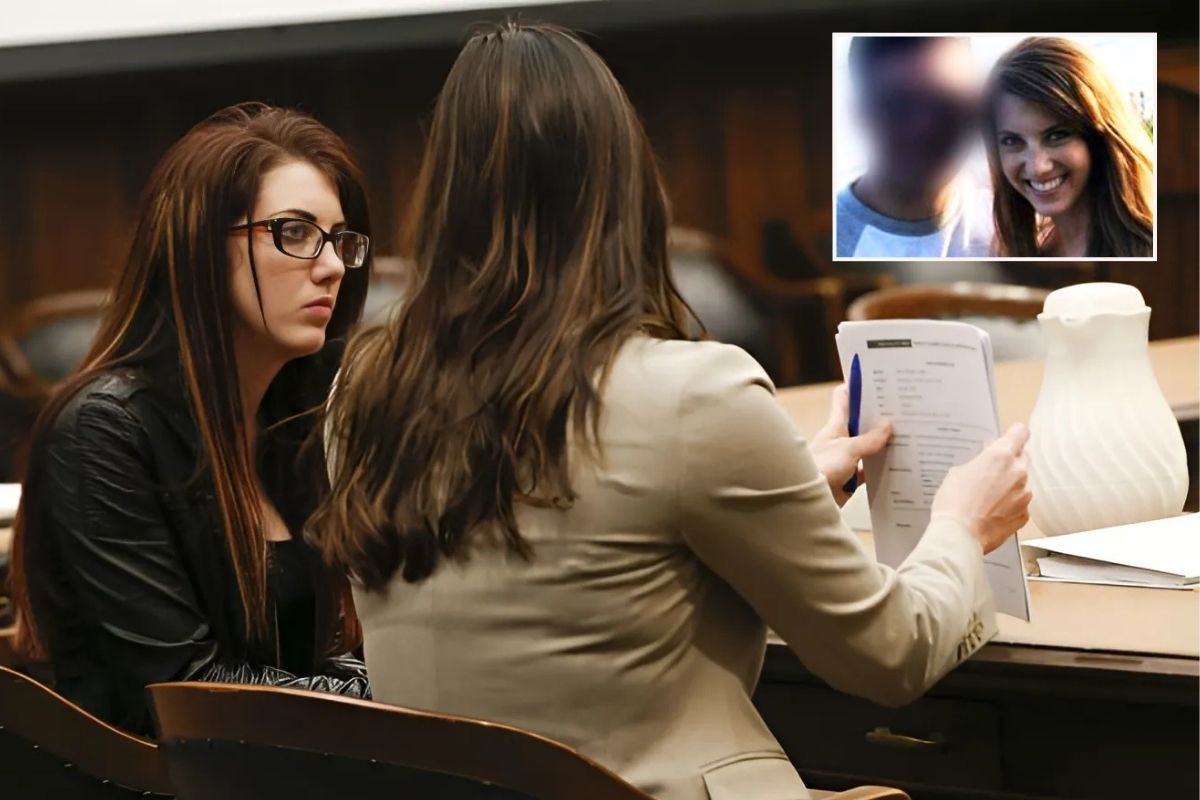Mary Beth Haglin is a retired substitute teacher in Cedar Rapids, Iowa, who generated national media interest as she was at the center of a high-profile scandalous affair with a student. Her case generated hot debate on education ethics, the law, and school officials’ intervention in tackling misconduct.
Early Life and Education
Mary Beth Haglin grew up and was born in Alexandria, Minnesota. She graduated from Coe College and double majored in Spanish and English. She also received a teaching endorsement in secondary education, which equips her for the teaching sector.
Haglin was awarded a Fulbright scholarship to study in Bulgaria, but she opted to turn down the offer. She instead pursued her teaching career, which entailed working as a substitute teacher in Cedar Rapids, Iowa.
Teaching Career and Controversy
Haglin was a substitute teacher in 2015 at Cedar Rapids’ Washington High School. Her career took an abrupt turn, however, when she was charged with allegedly having an inappropriate relationship with a 17-year-old student.
According to media reports, the affair started in October 2015 and continued for months. Haglin confirmed that she and the student had been physically and romantically involved, and that was an ethical and legal line that was crossed.
The case went out of control after a video of the two of them surfaced on the internet, and the school authorities investigated the matter. Although the school did not act as had previously been reported in early February 2016, the administrators dismissed Haglin from the school in May 2016 after additional evidence was uncovered.
Legal Consequences
After the investigation, Haglin was charged with sexual exploitation by a school employee. She surrendered to the police on July 23, 2016, and underwent legal processes.
Throughout her interviews, Haglin argued that the school district was in the know about the relationship but did nothing to stop it beforehand. She blamed administrators for turning a blind eye to the issue in order to preserve the reputation of the school.
Haglin was sentenced in December 2016 to 360 days of jail, of which she served 90, and the rest were suspended. She was also mandated to be a registered sex offender for 10 years.
Media Attention and Public Reaction
Haglin’s tale was heavily reported by the media, with national outlets like Inside Edition and Dr. Phil speaking with her regarding the scandal. She openly confessed to being in a relationship with the student and regretted it.
She explained how the student had stalked her, writing to her in romantic terms and addressing her as “my empress.” Haglin confessed that she had been emotionally invested in the affair and felt that the affair had been a real one. She eventually came to understand the serious consequences of what she had done.
Her interviews sparked controversies on teacher-student relationships, on power dynamics in education, and about the legal consequences of such abuse.
Life After the Scandal
After her conviction, Haglin struggled to put her life back together. She continued working as a waitress at Leonardo’s Restaurant & Pizza in Cedar Rapids while trying to look toward the future.
Even after the scandal, she went on to condemn what had transpired, saying that the school authorities should have acted earlier. Critics, nonetheless, said that she was responsible for what she had done since she was a teacher.
Lessons from the Case
The Mary Beth Haglin case serves as a prime caution regarding respect for professional boundaries in teaching. It illustrates some important points:
- Professional Duties of Teachers – Teachers are in a position of power and should maintain professional standards to safeguard students.
- School Accountability – Schools have a responsibility to act immediately when there is an accusation of abuse in order to avoid further injury.
- Legal Consequences – Overstepping professional boundaries can result in serious legal consequences, such as jail time and sex offender status.
- Impact on Students – These types of incidents have long-lasting effects on students, impacting their mental health and academic performance.
Conclusion
Mary Beth Haglin’s story is a deep and rich one, with elements of personal failure, criminal culpability, and social response. Though what she did was certainly wrong and harmed the people involved, her case also presents society with a way to look at the larger issues it presents. By looking at why she acted as she did and what repercussions ensued, society can look to making safer, more caring environments for both students and teachers.










